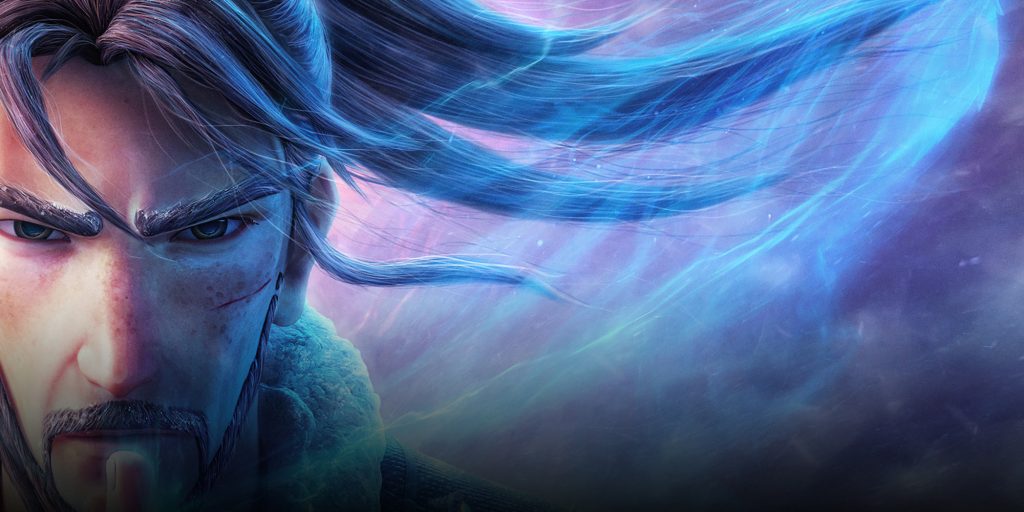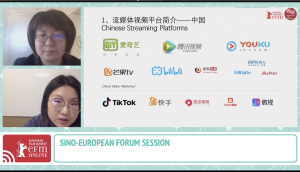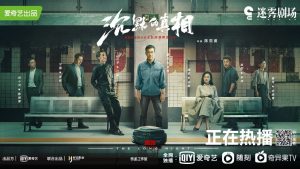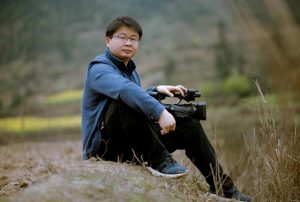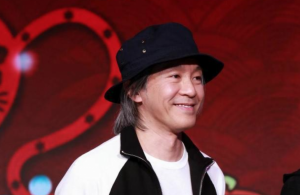The real-life Jiang Ziya was a bold strategist who overthrew a tyrant. His cinematic counterpart mostly mopes — and audiences seem to like it that way.
Last month, Beijing Enlight Pictures premiered the second film in its traditional mythology-themed “Investiture of the Gods” cinematic universe: “Jiang Ziya: Legend of Deification.” And following in the footsteps of last year’s box office hit “Ne Zha,” which transformed its source story from a critique of feudalism into a family-friendly tale of childhood rebellion and acceptance, Enlight also gave the eponymous hero of “Jiang Ziya” a modern gloss.
The historical Jiang Ziya was a founding father of the Zhou dynasty (1046 B.C.-256 B.C.). One of the country’s earliest master strategists, he rose up in revolt against the brutal last despot of the Shang dynasty. Of course, these details have long since been overtaken in the popular imagination by more fantastic portrayals, and the Jiang Ziya most Chinese audiences would be familiar with is more mythic than real. In the classic Ming dynasty (1368-1644) novel “The Legend of Deification,” Jiang Ziya is depicted as a disciple of the Taoist deity Yuanshi Tianzun who leads the rebellious Zhou army to victory.
But the cinematic “Jiang Ziya” goes in a different direction, rewriting the military genius as a maudlin intellectual beset by the cliché humanist ethical problem of how to balance the needs of the individual and the people. The whole film is colored by his confusion and disillusionment, a portrait of the revolutionary politician as an emo young man.
As a scholar of cultural studies, I can’t help but be curious if the film’s production team really believes the only way to make an appealing movie these days is to “humanize” any hero — no matter how mythic, epic, or larger-than-life they are — by weighing them down with mundane concerns.
Then again, if the studiously “humanist” tone of the first two films in the “Investiture” universe are any indication, they probably do.
Zhou Xiaohong, a professor of sociology at Nanjing University, once famously observed that China’s emerging middle class puts consumption first and politics last. But while the first bit is likely true, I can’t agree with the second. Since the 1980s, China’s resurgent petit bourgeoisie have broken with the nation’s revolutionary politics in favor of a return to humanism — the centering of individuality and humanity in place of the Marxist focus on social relations. But how exactly is that apolitical? If anything, it’s the essence of bourgeois politics. Continue to read the full article here
– This article originally appeared on Sixth Tone.


